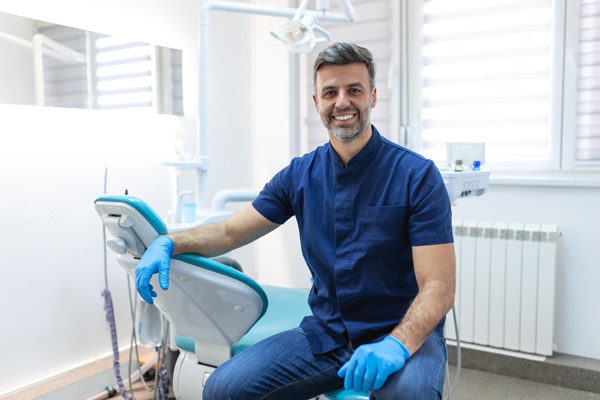Three Things to Know About Space Maintainers

Space maintainers are great resources that are used in dentistry and orthodontics. They are small, metal dental pieces that are placed where a tooth once was, whether it be an adult or baby tooth. Keep reading to find out more about space maintainers.
A quick guide to space maintainers
Outlined below are a few things to know about space maintainers, including what they do, who they are recommended for, and how they work.
1. Not just for children
There is a common misconception that space maintainers are only for children; however, that is actually far from true. Although space maintainers are commonly used for children's premature tooth loss, they actually do wonders for adult teeth too. When an adult experiences extraction or dislodgement, the result is still an empty space that is at risk. A space maintainer can keep the gap open and intact until an implant can be placed.
2. The role in oral health
Space maintainers play a large role in oral health. Although they are small in size, space maintainers greatly benefit the entire oral cavity. They prevent gaps from closing and teeth from shifting, both of which can cause problems when an adult tooth erupts or when a missing adult tooth is to be replaced by an implant. If the gap is closed or if the adjacent teeth have even slightly shifted, an incoming adult tooth can become impacted, which can be painful, cause crowding, and even infect the gums. On the other hand, if the gap closes or adjacent teeth start to shift, it may be challenging to place a dental implant later on down the line.
3. Oral hygiene
While it may seem like a missing gap between teeth may not require oral hygiene attention, that is actually far from true. Once a space maintainer is placed in the missing gap, oral hygiene is still extremely important. Although it may be challenging to chew on the side of the mouth that has a space maintainer, it is still possible, which means food debris can get stuck. Even if there is no tooth present, the gums and surrounding teeth can still be poorly affected by food debris.
Left behind food debris can lead to irritation and bacterial growth, both of which can cause infection of the gums or surrounding teeth. Because of the risk, it is key to still practice good oral hygiene every day. Individuals wearing space maintainers should brush and floss regularly, and rinse with salt water or a gentle mouthwash to ensure that anything left behind is dislodged.
Learn more about space maintainers
When wanting more information on space maintainers, it is best to consult with an orthodontist. A consultation allows patients to ask questions while being evaluated by the orthodontist. The evaluation will help determine the appropriate course of action. To find out more or to get scheduled for a consultation, reach out today.
Request an appointment here: https://www.littlemolarsnj.com or call Little Molars Pediatric Dentistry at (862) 451-8222 for an appointment in our West Caldwell office.
Check out what others are saying about our services on Yelp: Space Maintainers in West Caldwell, NJ.
Related Posts
A baby root canal may sound scary, however, it is nothing to be afraid of. Modern-day dentistry has allowed for the evolution of gentler techniques and safer approaches, thus reducing the risk of complications and pain during the procedure.Baby root canals, in particular, are done differently as they are performed in a pediatric dentistry setting,…
Many children fear going to the dentist. However, a kid's dentist can transform these essential dental visits into a fun and educational experience. Through their specialized training, these dental professionals create an environment that can help alleviate fear around dental care and promote positive dental experiences for young patients.When children step into a kid's dentist's…
Wondering about the importance of finding a kids dentist? Read on to learn more. A parent's primary goal is to safeguard their children's health and success in all aspects. Good oral health is a requirement for good overall health, and locating the right kids dentist might impact a child's attitude toward dental visits. A highly…
Cavities are among the most common childhood health problems a kids dentist treats. Also known as tooth decay, cavities can be more frequent in children, leading to several negative oral health problems. Luckily, tooth decay in childhood is preventable, and a pediatric dentist can help.If left untreated, tooth decay can cause trouble for children. Cavities…
